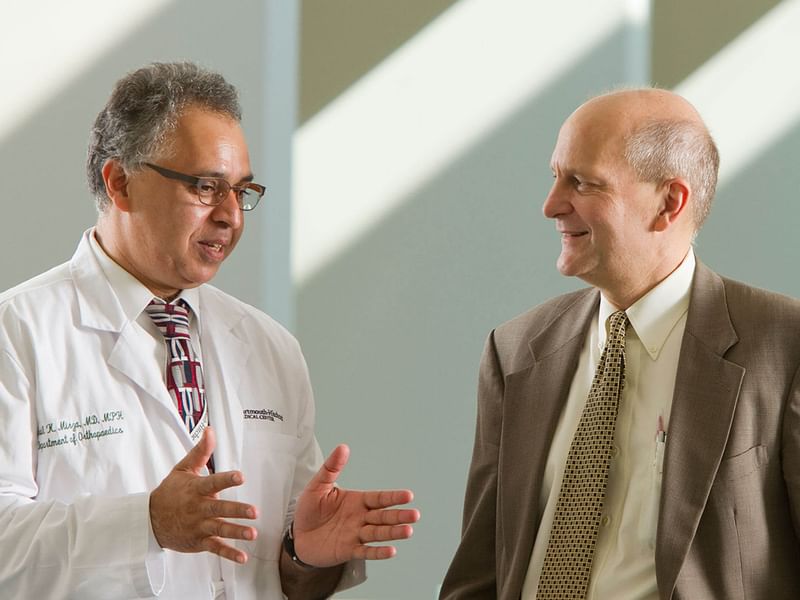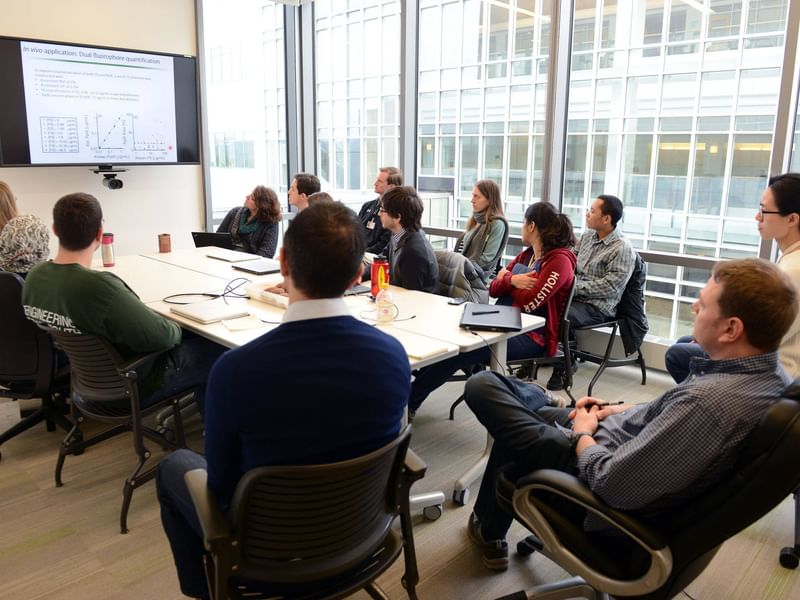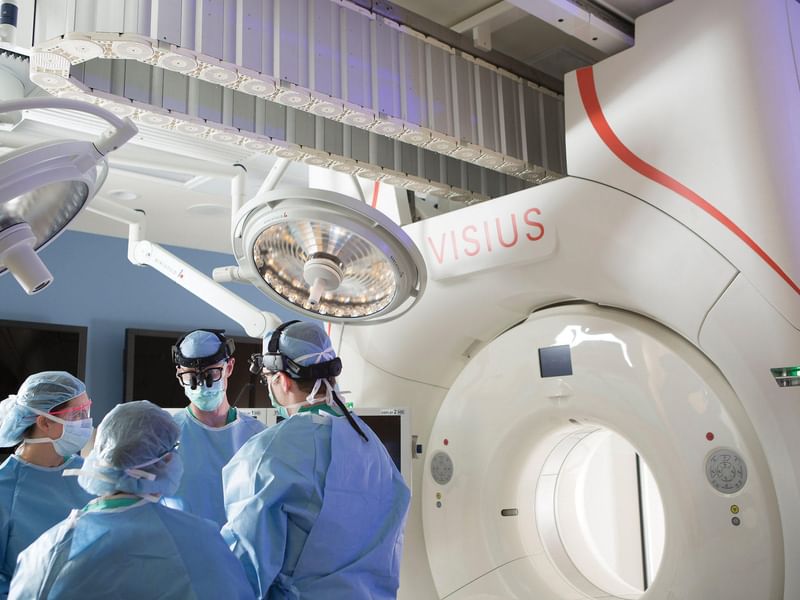Surgical Innovation Rotation and Training
As part of the requirements for TPSI, students engage in immersive learning in a variety of medical and surgical settings, over the course of three 10-week terms—for a full academic year—through the ENGG 325: Introduction to Surgical Innovation course. The rotation and training experience is aimed at providing students the opportunity to observe, understand, and identify opportunities for innovation that can lead to improved patient outcomes or surgical procedures.
Fall term: general surgery rotation. TPSI students work alongside third-year medical students and surgical residents, and participate in rounds, medical student case discussions, and observe at least one surgical procedure and one outpatient clinic patient encounter with a proctor or an assigned surgeon colleague.
Winter term: surgical subspecialty of the student's choice. Some examples are minimally invasive general surgery, oncologic surgery, otolaryngology, anesthesiology, neurosurgery or orthopedic surgery.
Spring term: surgical research rotation. Students select a clinical mentor and an engineering mentor to guide development of a research proposal. The research rotation focuses on medical research methods, including design of clinical trials, evaluation of benefits and harms, and standards for surgical materials, device performance, and implant bioeffects.




